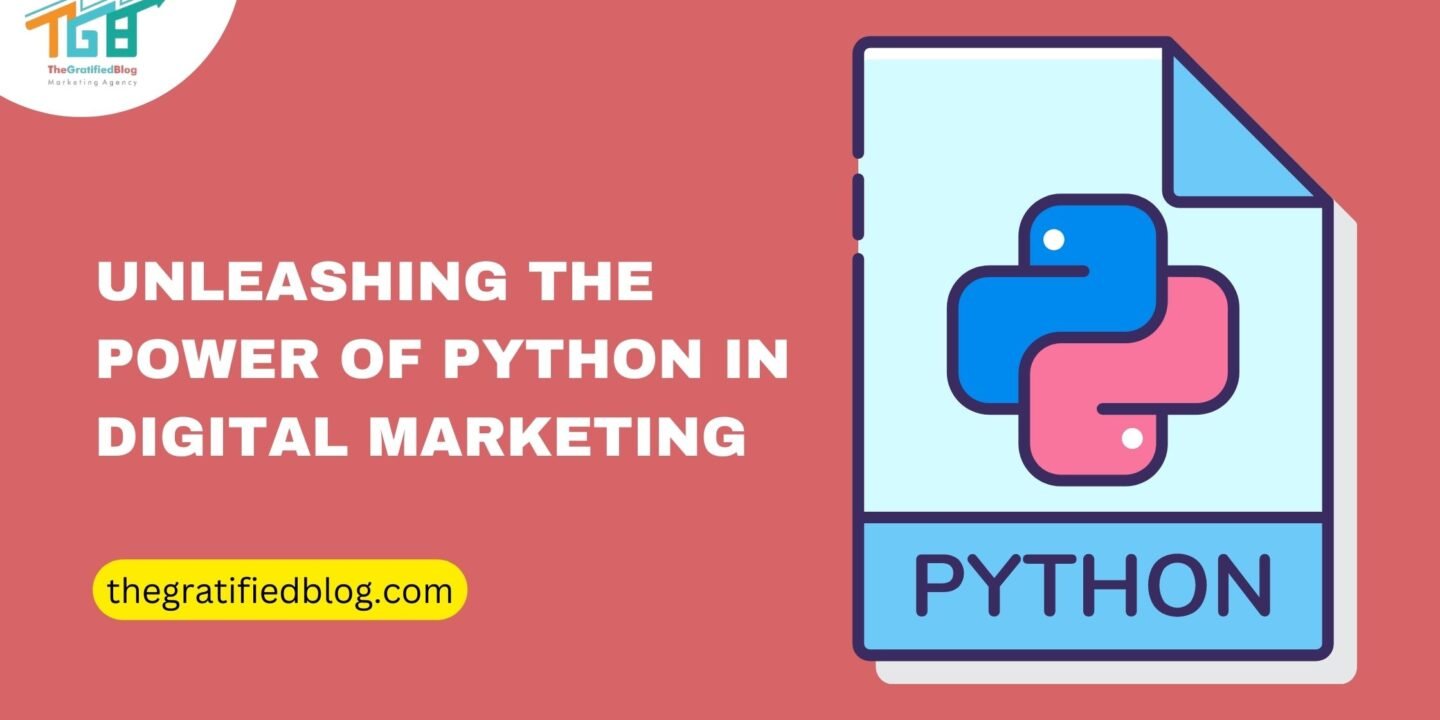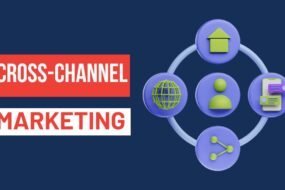
While most digital marketers steer clear of programming languages like Python, they miss out on precious tools. Python is a high-level programming language that can create various applications. Because it’s so versatile and general purpose, python can be used for anything from web development and automation to data analysis and machine learning.
Python is typically used with PIP, a package manager for all the files required to run the module for your Python project. A module is essentially a library of code, and PIP allows you to access these codes much more simply. You can install PIP on a Mac or any other device to give you complete control over your coding and allow you to create digital marketing projects. Here are some of the ways Python in digital marketing can be used.
Challenges Face By Digital Marketers
Digital marketers face many challenges in a highly competitive market where trends move quickly, and adaptation is necessary. Here are some of the challenges that digital marketers face in today’s world:
Understanding Audiences
Digital marketing campaigns must start by identifying the target audience and their particular desires and requirements. Understanding audiences is the key to marketing success, and this can be a challenge when using online channels to reach consumers. Increasing privacy regulations and data protection laws also make it more difficult for marketers to collect and store audience data. Marketers must balance the need to understand their audiences with their need for privacy.
Creating Unique Content
Effective content marketing strategies depend on the creation of unique, shareable content. Digital marketers must always think of new ideas that resonate with audiences and provide helpful information. Content has to be produced for all marketing channels, including blog posts, social media content, videos, and more. It should stand out from the competition while also fulfilling search requests that audiences are making. It’s a challenge to always come up with unique content, but it dramatically affects how successful a brand is online.
Calculating ROI
Calculating a digital marketing campaign’s return on investment (ROI) can be challenging, as it can be difficult to attribute success to a particular aspect of the campaign. Marketers need to be able to accurately calculate this information to work out the success rate of campaigns. With ad campaigns becoming more expensive, marketers must find novel ways to reduce costs while increasing each customer’s lifetime value.
Google Trends
Google and other search engines regularly change how they display information and how search results are ordered. Overnight changes can have a significant impact on the success of a campaign. Marketers must stay ahead of search engine trends and understand how the algorithms determine which content is recommended to users.
While learning Python won’t instantly solve these issues, it can help marketers find solutions and optimize their processes for better results. Ultimately, being able to adapt and automate certain aspects of digital marketing will help you focus your attention on critical areas. It enables you to maintain a competitive edge.
Working With APIs
An API is an Application Programming Interface that allows two or more programs or applications to interact. Any software or digital tool you use will have an API to integrate it with other programs. They’re typically open-source, meaning anyone can use them without issues.
APIs help increase the functionality of a tool and are particularly useful when it comes to automating processes. Learning Python will help you get more out of your APIs, including creating data on the latest keywords. Before using any API, you should look at the API documentation carefully. Knowing Python and how the language works will help you understand this better.
Once you know how to use APIs, you’ll find they’re highly effective for digital marketing. You’ll be able to get more done in a shorter space of time, increasing your workflow efficiency and getting better results from your marketing campaigns.
Web Scraping
Python is excellent for web scraping, a technique used to collect data and content from the internet. If you’re a digital marketer, you must be able to analyze content trends and track what competitors are doing if you want to stay ahead. Web scraping lets you collect a vast range of website data to reveal valuable insights that you can use in your marketing strategy.
An excellent example of a simple web scraping tool from Python counts the words on a page. When looking at content that ranks high for search engine results, word count is one of the critical things you need to look at. Your Python script can quickly reveal how many words are on the page, meaning you can plan your content more effectively.
The advantage of using Python to scrape data is that it’s much faster than doing it by hand. You wouldn’t want to go into a website and analyze it all by hand. Thanks to Python, you can do this on multiple websites and immediately get all the data you need.
Data Analytics
The most significant use for Python is in analyzing data. The language is tailored for analyzing large sets of data, and you can use many libraries to mine large sets of data and produce clear and accurate visualizations.
As a marketer, data analysis should be one of the key weapons in your arsenal. You need to study and understand how your campaigns work, analyzing the data such as engagement, click-through rate, conversion rate, and other metrics. Studying data with the help of a programming language such as Python can be a lot of work and effort.
Final Thoughts
Python can be a challenging language, but it’s incredibly versatile and helpful, especially for digital marketers. There are already tools available that can automate some of your tasks, but you’ll find that learning Python will help you create custom tools to make your work easier and more efficient.








No Comments